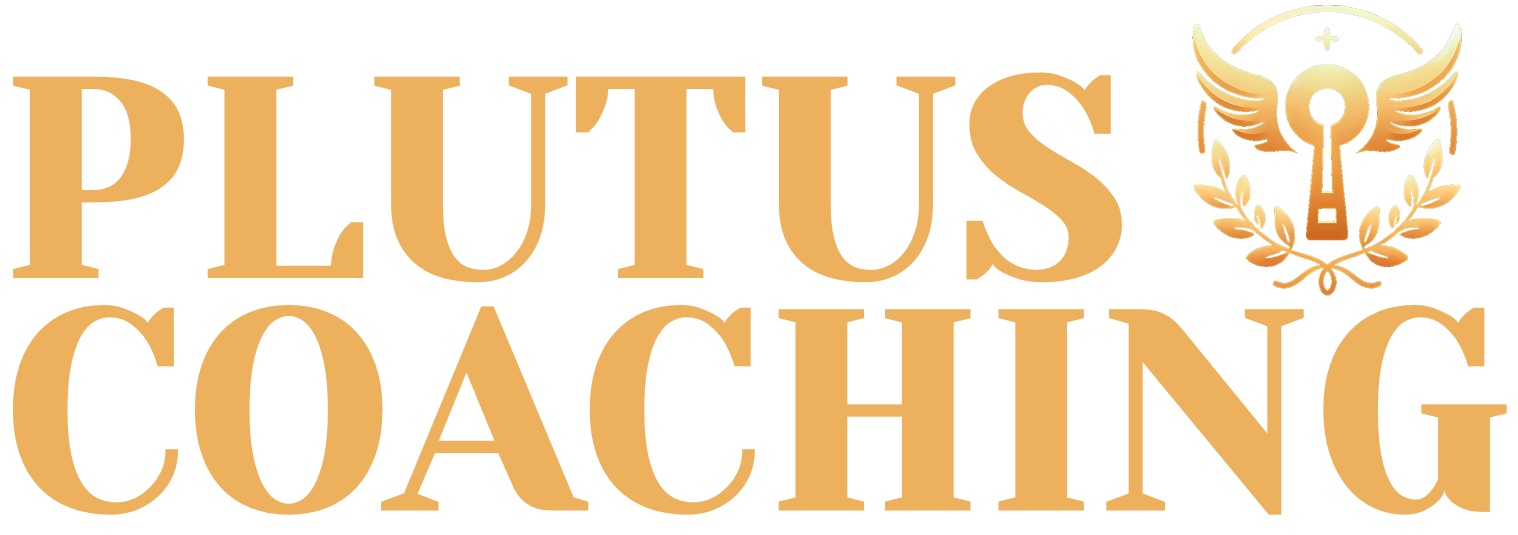We’ve all heard the saying, “Abs are made in the kitchen,” and it couldn’t be more true. While hitting the gym is important, the food you put into your body plays a massive role in reaching your fitness goals. Think of it this way: nutrition is the fuel that powers your workouts, helps your muscles grow and recover, and keeps you feeling your best overall.
Unfortunately, the importance of nutrition is often overlooked. We get caught up in exercise routines and forget that what we eat is just as, if not more, important. That’s where a good fitness coach can be a game-changer. They can help you create a nutrition plan that perfectly complements your workouts and lifestyle, setting you up for success.
So lets look at the connection between nutrition and fitness, and see how you can use food to unlock your full potential.
Fueling Your Body: Macronutrients
When it comes to fitness, macronutrients are the heavy hitters. They provide the energy you need to power through workouts and the building blocks to create a stronger, healthier you.
- Carbohydrates: Your Go-To Energy Source
Carbs are like the gas in your car’s tank. They’re the primary fuel source for your muscles during exercise. Think of complex carbs like whole grains, fruits, and vegetables as the premium fuel – they provide sustained energy that keeps you going strong. Simple carbs like sugary drinks and processed foods are more like a quick burst of energy, but they fizzle out fast and can leave you feeling sluggish.
- Protein: The Muscle Builder
If you’re looking to build muscle or recover from tough workouts, protein is your best friend. It provides the amino acids your body needs to repair and build muscle tissue. Make sure to include protein sources like lean meats, fish, eggs, beans, and dairy in your diet to support your fitness goals.
- Fats: More Than Just Flavor
Fats often get a bad rap, but they’re actually essential for many bodily functions. They help produce hormones, absorb nutrients, and provide energy during low-intensity exercise. The key is to choose healthy fats like those found in avocados, nuts, seeds, and olive oil, and limit unhealthy fats like those found in fried foods and processed snacks.
Micronutrients and Their Impact
While macronutrients provide the bulk of your energy and building blocks, micronutrients and hydration are the unsung heroes of your fitness journey. They work behind the scenes to keep your body running smoothly and performing at its best.
- Vitamins and Minerals: The Tiny but Mighty Players
Think of vitamins and minerals as the spark plugs that keep your engine running. They’re involved in countless bodily functions that support fitness, from turning food into energy to boosting your immune system and keeping your bones strong. Make sure you’re getting a variety of fruits, vegetables, and whole grains to ensure you’re getting all the essential vitamins and minerals your body needs.
- Hydration: The Foundation of Performance
Water might seem simple, but it’s absolutely vital for optimal performance. It helps transport nutrients, regulate your body temperature, and keep your joints lubricated. Dehydration can lead to fatigue, cramps, and decreased performance, so make sure you’re drinking plenty of water throughout the day, especially before, during, and after exercise.
Nutrition Strategies for Different Fitness Goals
Like your workout routine, your nutrition plan should be tailored to your specific fitness goals. Whether you’re aiming to lose weight, build muscle, train for endurance, or simply maintain good health, the right nutrition strategy can make all the difference.
- Weight Loss: Calories In, Calories Out
When it comes to weight loss, the basic principle is simple: you need to burn more calories than you consume. This means focusing on calorie control and choosing nutrient-dense foods that keep you feeling full and satisfied. A balanced intake of macronutrients is also important to ensure your body gets all the nutrients it needs while you’re shedding those extra pounds.
- Muscle Gain: Fuel for Growth
If you’re looking to build muscle, you’ll need to provide your body with the building blocks it needs to grow. This means increasing your protein intake to support muscle repair and growth. You’ll also need to consume enough calories to create a slight surplus, which provides the energy needed for those muscles to develop.
- Endurance Training: The Long Haul
Endurance athletes need sustained energy to power through long workouts and races. This means focusing on carbohydrates, which provide readily available fuel for your muscles. Make sure you’re consuming enough carbs before, during, and after your workouts to keep your energy levels up.
- General Fitness: A Balanced Approach
If your goal is overall health and fitness, a balanced approach to nutrition is key. Focus on incorporating a variety of whole foods from all food groups into your diet, and make sure you’re getting enough of each macronutrient.
Timing Your Nutrition
You wouldn’t start a road trip without filling up your gas tank, you shouldn’t start a workout without fueling your body properly. Timing your nutrition is crucial for optimal performance, recovery, and overall well-being.
- Pre-Workout: Get Ready to Go
Think of your pre-workout meal or snack as your pre-game warm-up. It provides the energy you need to power through your workout and helps prevent fatigue. Aim for a meal or snack that’s rich in easily digestible carbohydrates and moderate in protein about 1-3 hours before you exercise.
- Post-Workout: Rebuild and Recover
After a tough workout, your body needs to replenish its energy stores and repair muscle tissue. That’s where your post-workout meal or snack comes in. Aim for a combination of carbohydrates and protein within 30-60 minutes of finishing your workout. This will help your muscles recover faster and get you ready for your next session.
- Throughout the Day: Keep the Engine Running
Don’t just focus on pre- and post-workout nutrition – what you eat throughout the day matters too. Aim for consistent, balanced meals and snacks to keep your energy levels stable and avoid crashes. This will help you stay focused, productive, and feeling your best.
Common Nutrition Mistakes and How to Avoid Them
Even with the best intentions, it’s easy to fall into some common nutrition traps. Let’s look at a few of these mistakes and how you can steer clear of them:
- Skipping Meals: The Energy Zapper
Skipping meals might seem like a quick way to cut calories, but it can backfire big time. It messes with your metabolism, leads to energy crashes, and can even cause you to overeat later. Instead, aim for regular, balanced meals and snacks throughout the day to keep your energy levels stable.
- Relying on Supplements: The Quick Fix Myth
Supplements can be helpful in some cases, but they’re not a magic bullet. They can’t replace a healthy, balanced diet. Focus on getting your nutrients from whole foods first, and only use supplements under the guidance of a healthcare professional or registered dietitian.
- Overeating Processed Foods: The Empty Calorie Trap
Processed foods are often high in calories, unhealthy fats, and added sugars, but low in nutrients. They can leave you feeling unsatisfied and craving more. Instead, choose whole, unprocessed foods as much as possible.
- Underestimating Portion Sizes: The Sneaky Saboteur
It’s easy to misjudge portion sizes, especially when eating out or snacking mindlessly. Use measuring cups, read food labels, and be mindful of your hunger cues to avoid overeating.
- Neglecting Hydration: The Thirsty Mistake
We’ve already talked about how important water is, but it’s worth repeating. Dehydration can seriously impact your performance and overall health. Make sure you’re drinking plenty of water throughout the day, especially when you’re active.
Why a Fitness Coach Matters
While understanding the basics of nutrition is important, everyone’s body and fitness goals are different. That’s where a fitness coach can be a valuable asset. They have the expertise to create a personalized nutrition plan that’s tailored to your unique needs and lifestyle.
A fitness coach can help you:
- Set realistic and achievable goals.
- Create a nutrition plan that fits your preferences and dietary restrictions.
- Make adjustments to your plan as needed based on your progress.
- Provide support and motivation to keep you on track.
If you’re based in the UAE, consider working with a local fitness coach who understands the unique challenges and opportunities of living in this region. We provide remote fitness coaching services across UAE, with possibility of in person coaching in Dubai and Abu Dhabi.
So nutrition isn’t just a side dish to your fitness journey – it’s the main course! The food you eat fuels your workouts, supports muscle growth and repair, and helps you feel your best both inside and out. Remember, it’s not just about calories in, calories out – it’s about choosing the right foods at the right times to support your specific goals.
If you’re ready to take your fitness to the next level, make nutrition a priority. And don’t hesitate to reach out to a fitness coach for personalized guidance. Whether you’re in Abu Dhabi, Dubai, or anywhere else in the UAE, a local fitness coach can provide invaluable expertise and support to help you achieve your goals. Remember, your health is an investment, and a fitness coach can help you make the most of it.





